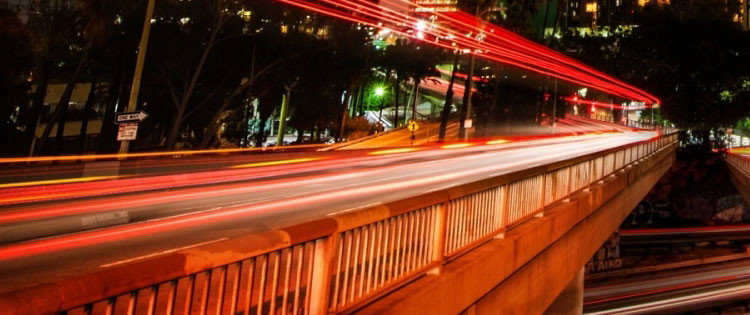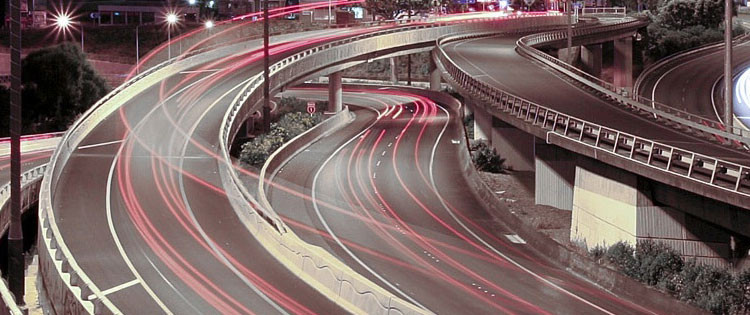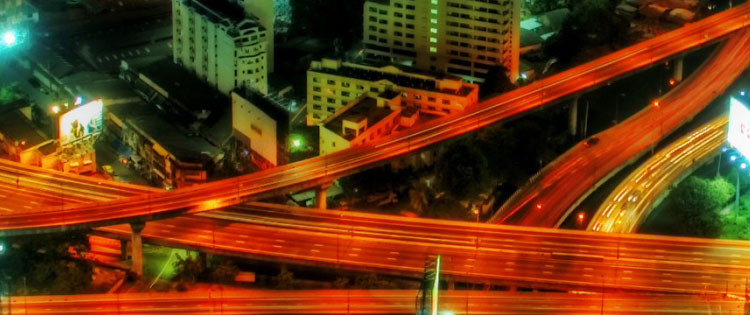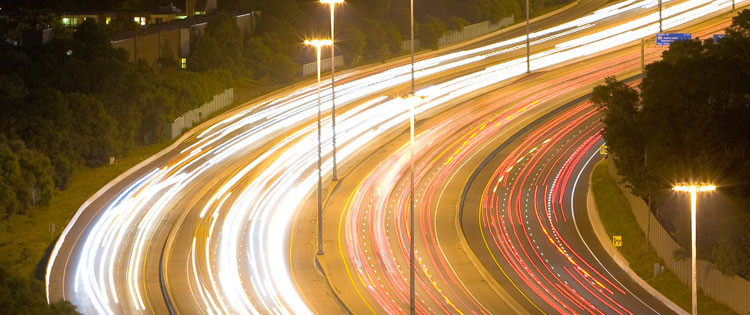Most legislators receive failing grade on anti-toll Report Card
Both bills filed and bills that moved meant bad news for taxpayers, drivers Austin, Texas – Anti-toll watchdog group Texans Uniting for Reform and Freedom (TURF) released its Report Card from the 86th Legislature today. In comparison to the prior session in 2017, where 57% of legislators were considered friendly, in 2019, that number fell to just 19% (based on the number of lawmakers who earned ‘A’s & ‘B’s). TURF used 18 different transportation, property rights, and good government bills (that impact those first two issues) to calculate each legislator’s score, all of which are listed at the end of its Report Card. Every lawmaker was informed of TURF’s position on the bill prior to the vote.
The Texas House went off a cliff in terms of friendly legislators, with 73% earning a failing grade. In the Texas Senate, taxpayers fared much better with 45% of senators earning As & Bs. Just 16 total lawmakers earned an ‘A.’ Compare that to 56 lawmakers in 2017, and anti-toll voters have cause for concern.
“While none of our anti-toll reform bills ever got a vote either in committee or on the floor this session, the bills that did move were a disaster for taxpayers. The House Transportation Committee, including most every Republican, clearly wanted to raise your taxes on driving with six bills to increase fines & fees whether registration fees, local sales tax, or traffic fines in ‘safety corridors,'” points out TURF Founder/Director Terri Hall.
“With four bills that passed the House Transportation Committee to extend or expand public private partnership toll contracts this session, the toll lobby and crony capitalists pushed this corporate welfare with full force, despite Gov. Greg Abbott’s promise of ‘no new taxes, fees, debt or tolls.’ With tolls on such privatized toll roads now exceeding $3/mile in Ft. Worth, voting to gouge Texas commuters to that level is inexcusable!”
Hall argues the difference is due to the leadership. In 2017, when 9 anti-toll bills were turned into amendments offered on the Texas Department of Transportation sunset bill and came up for a floor vote, 57% of lawmakers knew they had better vote the right way on the toll issue. Seven out of nine anti-toll amendments passed in 2017. In 2019, leadership made sure no anti-toll reforms like removing the toll when the road is paid for and capping toll fines/fees and de-criminalizing an unpaid toll bill, made it out of committee. So taxpayers were left trying to hold their ground, defending themselves from a litany of tax/fee hikes, further criminalizing drivers, and the continued assault on property rights.
“Under that broader microscope, lawmakers failed the test,” Hall concludes.
With election season ramping up, TURF anticipates that the 300 grassroots groups that use its Report Card to vet potential candidates on transportation/property rights issues will be seeking accountability at the ballot box in 2020.








 Retiring Texas State Representative Joseph Pickett (D – HD 79) is one in a million. Truly there is no one in the Texas House who undertook transportation as a matter of personal study with the aim of improving every step of the process for both the government agencies in charge of delivering projects and also for the forgotten taxpayer like Joe Pickett. He announced his retirement right before Christmas citing his battle with cancer and the need to fully recover without the rigors of a legislative session. It’s truly a devastating loss for the people of Texas. Here’s why.
Retiring Texas State Representative Joseph Pickett (D – HD 79) is one in a million. Truly there is no one in the Texas House who undertook transportation as a matter of personal study with the aim of improving every step of the process for both the government agencies in charge of delivering projects and also for the forgotten taxpayer like Joe Pickett. He announced his retirement right before Christmas citing his battle with cancer and the need to fully recover without the rigors of a legislative session. It’s truly a devastating loss for the people of Texas. Here’s why.